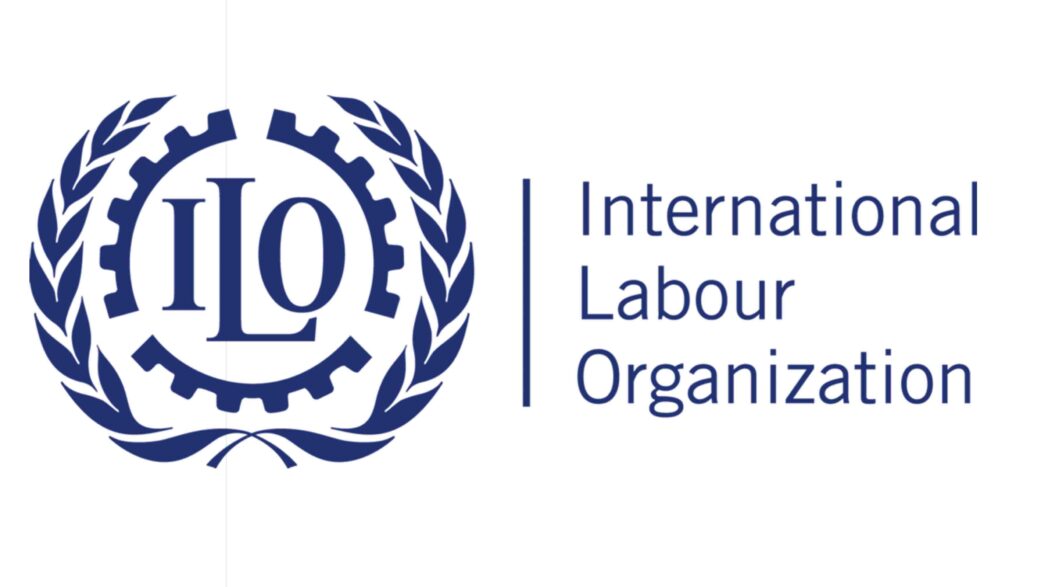
ILO Report: Ending forced labour could unlock $611bn for global economy, boost Nigeria’s growth
By Esther Agbo
The International Labour Organisation (ILO) has revealed that eliminating forced labour could lead to a $611 billion boost to the global economy, including significant benefits for Nigeria.
The report, titled “Acting against Forced Labour: An Assessment of Investment Requirements and Economic Benefits,” emphasises the economic potential of reintegrating 27.6 million people, currently trapped in forced labour, into the formal workforce. This was an increase of 2.7 million people in forced labour since 2016.
ILO Senior Project Policy Researcher, Fundamentals, Scott Lyon said, “The risk of forced labour continues to threaten millions worldwide. If we want to reverse this trend and return to a path of progress we need to urgently invest more in action.”
For Nigeria, where an estimated 1.6 million citizens are subject to forced labour, the potential economic gains are substantial. Freeing these workers and transitioning them into the formal economy would not only uphold human rights but also contribute significantly to the country’s economic growth.
The ILO report underscores that addressing forced labour could shift resources from illicit economies into the formal sector, thus enhancing productivity and generating additional GDP.
A Senior Economist at the ILO’s Fundamentals branch, Francesca Francavilla, highlighted that beyond the moral imperative, the economic benefits provide strong justification for increased investment in anti-forced labour measures.
He said, “Ending forced labour is first and foremost a human imperative and legal obligation. The financial benefits identified in our study also suggest it makes clear economic sense.”
While the global cost to combat forced labour is estimated at $212 billion, representing just 0.14 per cent of global GDP, the report stresses that the potential return on this investment far outweighs the expenditure. In addition to direct GDP gains, ending forced labour would yield further public benefits such as increased tax revenues and reduced costs associated with victim support services. These gains could support broader national development goals in countries like Nigeria.
The ILO is urging governments and stakeholders to prioritise the fight against forced labour by adopting comprehensive strategies that mobilise resources and address financing gaps. With Nigeria’s economy facing challenges.




